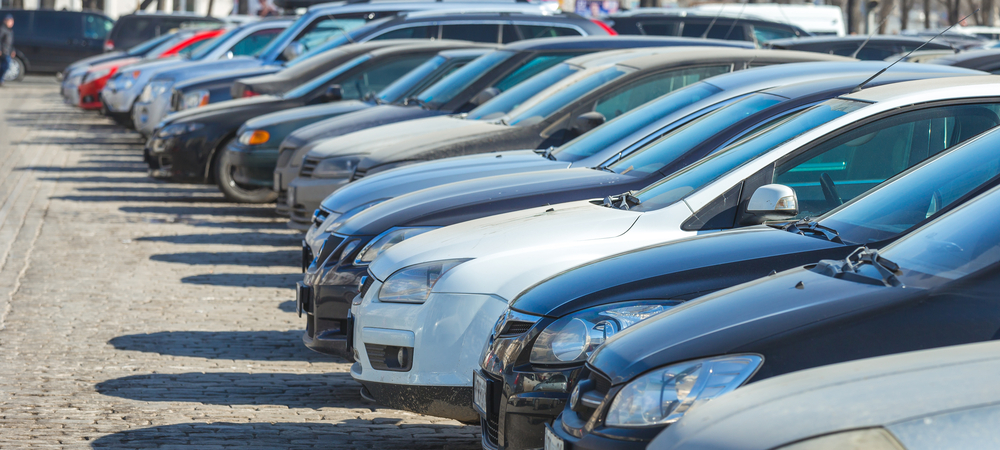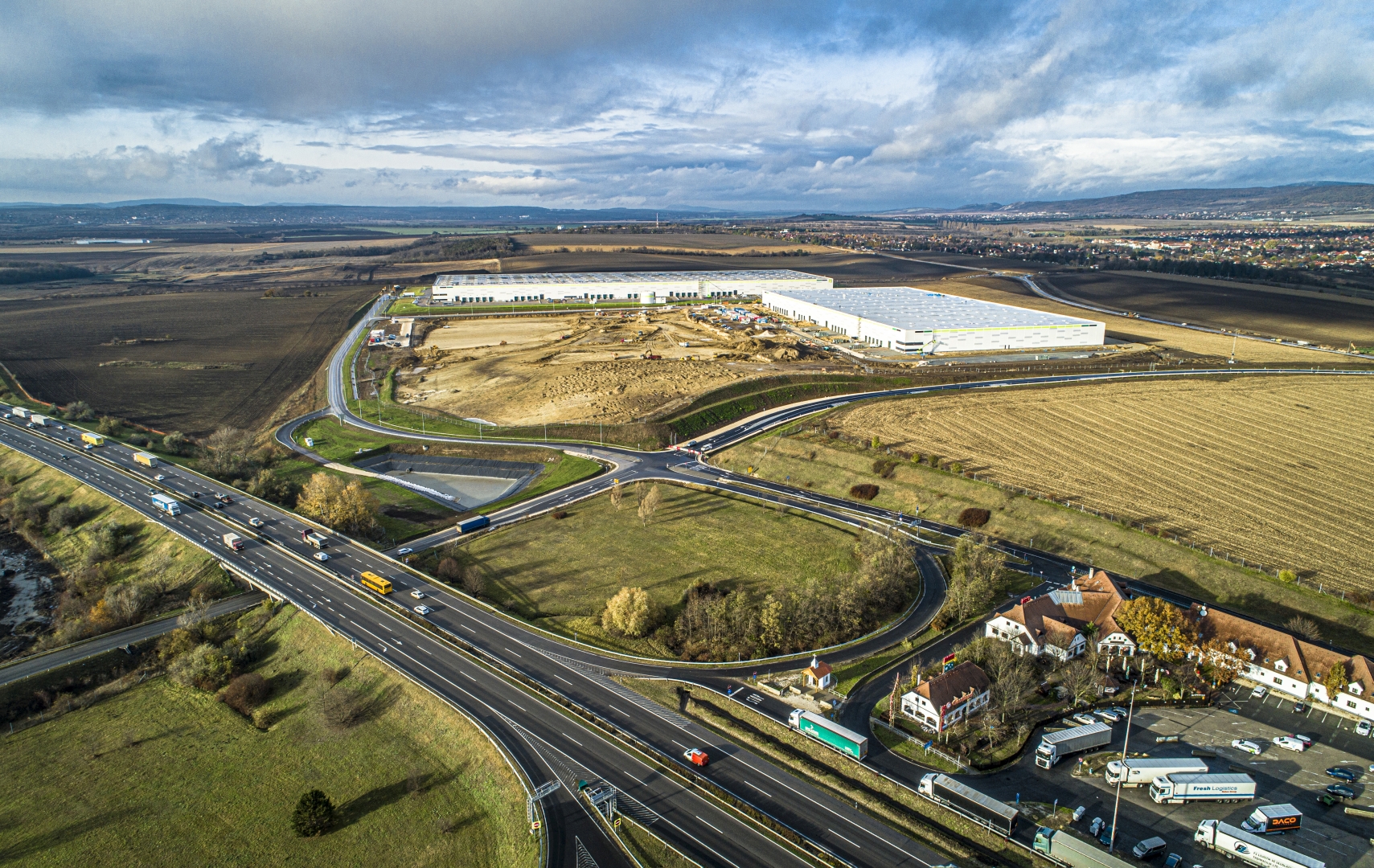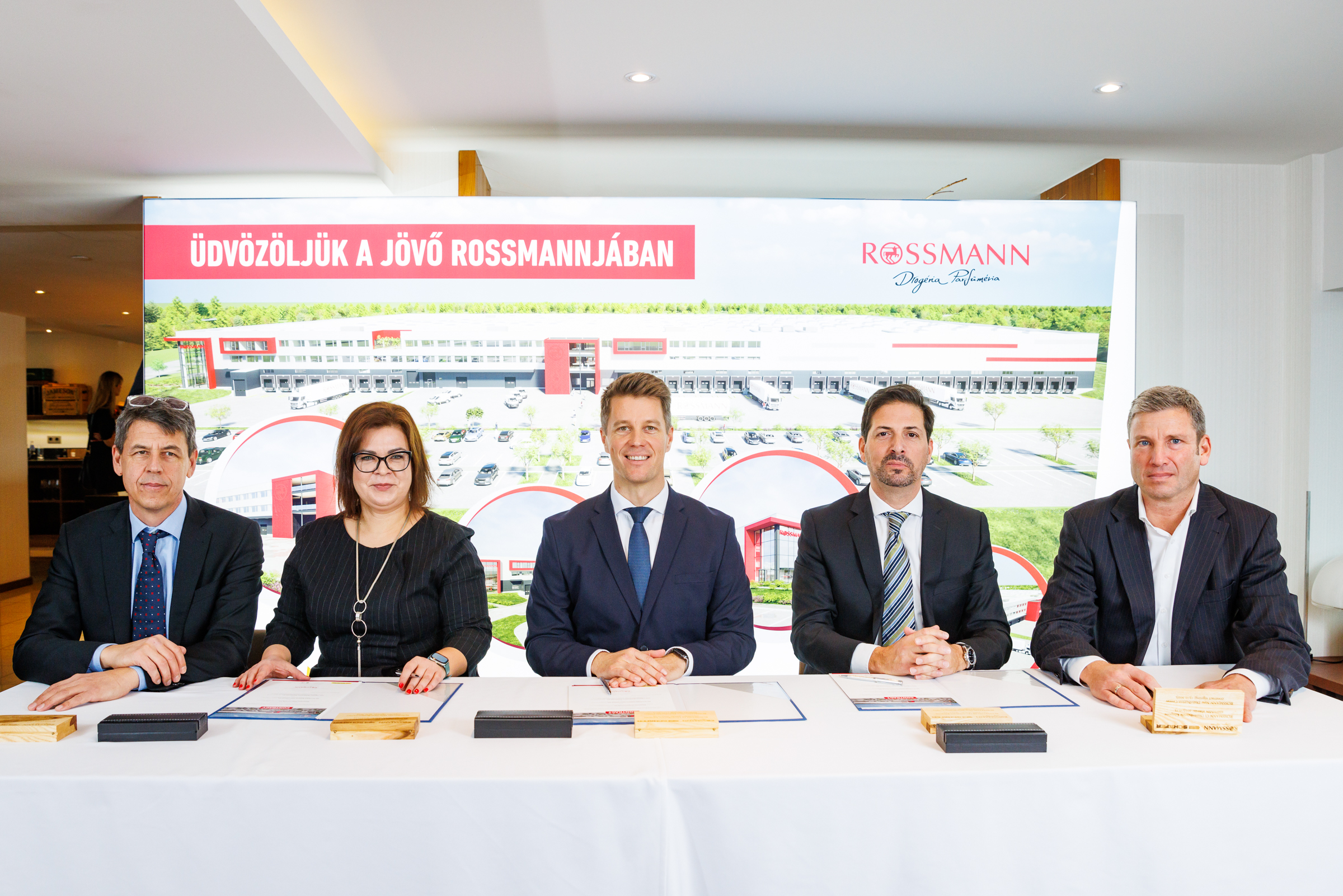Sustainability Accreditation Becoming the Norm for Logistics Space

CTPark Budapest East Üllő.
Logistical/industrial park developers and operators are creating more sustainability accredited and highly specified projects in response to changing tenant demands and environmental regulations.
Leading national and international industrial park developers and operators are also seeking third-party sustainability accreditation from organizations such as BREEAM and LEED as tenants are looking to save on utility costs.
More than that, tenants also recognize that staff well-being, green areas, changing facilities for cyclists, and electric charging units all factor into attracting and keeping employees. Developers equally need to be coronavirus-compliant and reduce the carbon footprint of their projects.
In this sense, parallels can be drawn with the evolution of office development to address market needs and environmental requirements to produce sustainable, well-designed, and highly specified products.
“For years, we have been following our crisis-proof strategy to be present and develop on key markets; we are not only developers but long-term owners and managers of our properties,” comments Zsuzsanna Hunyadi, leasing director at Prologis Hungary.
“Our industrial real estate expertise spans real estate operations, development services, and sustainable development. We are taking care of our customers’ needs, their growth, as well as the local communities. Customer satisfaction has always been a top priority for us, to offer more than just a warehouse building,” Hunyadi adds.
Another developer, CTP, is developing according to BREEAM in-use “Excellent” criteria for buildings across its Central European portfolio. Further, the company is emphasizing energy efficiency and the use of solar panels, according to Dávid Huszlicska, country head of CTP Hungary. (For more on this, see page 18.)
CTPark Budapest West.
Carbon Neutral
“Currently, CTP is being evaluated to determine if its operations are already carbon-neutral, which is CTP’s objective for 2021 throughout the geographies where it operates,” said Jan-Evert Post, head of funding and investor relations at CTP.
Panattoni, now active in Hungary, has achieved BREEAM “Outstanding” accreditation for its park in Cheb in the Czech Republic and BREEAM “Excellent” accreditation for 65,000 sqm of space at Panattoni Park Poznán West Gate in Poland.
The company says it aims to achieve emission neutrality for all its buildings by 2025 and for BREEAM accreditation for the 6.3 million sqm of space it holds in its portfolio across eight countries.
Built-to-suit (BTS) projects encourage an initial dialogue with tenants from the earliest stages. This enables more energy-efficient space to be developed that provides savings for companies in the longer term. It also offers helpful general feedback to the developers.
“Based on panel discussions and dialogue with customers, two years ago, we decided that our new standard of clear height would be 12 meters,” says Hunyadi from Prologis Hungary.
“In the upcoming years, due to automation, process standardization, and capacity efficacy, we will offer the ideal space for customers to succeed and optimize their storage,” she argues.
“Employee well-being is another priority when it comes to day-to-day life in our parks. We are proud to have our PARKlife concept, with two five-a-side football fields and recreation areas in Gyál and Harbor,” Hunyadi explains.
Family Days
“Customers even use these spaces for company family days; we hold football tournaments yearly and seek ideas to provide a better working environment in our parks. Our recent idea is an outside gym, about which you will hear more later,” she says.
“Sustainability is very important to our customers and us. They are even ready to invest more, together with us, to be more energy-sufficient and sustainable. Many of our customers took advantage of our LED Essentials program to have their lighting system upgraded with a modern motion and daylight censoring LED lighting system.”
Hunyadi says Prologis’ Hungarian portfolio has LED lighting in 85% of its buildings. By mid-2022, all its facilities in Budapest will be equipped with LED lighting. “These common investments with customers were made just in the past two years. A solar program is next on our list. Buildings built 10-15 years ago have to pick up the competition with new developments when it comes to sustainability,” she adds.
In addition to attractive rents and flexible terms, tenants expect industrial parks to offer a comprehensive services package, above and beyond warehousing functions. To meet these expectations, modern, environmentally friendly, and energy-efficient facilities will provide internet of things (IoT) and smart solutions, and recreational and community services that support the tenants’ recruitment and talent management activities.
“All of our new buildings will be BREEAM-certified, sustainable, and serve state-of-the-art community needs and expectations,” says Rudolf Nemes, managing director at HelloParks.
Developers also face challenges in bringing forward projects in an increasingly competitive and demanding market. These range from labor and material availability and costs to sourcing plots with direct road and public transport links that enable a comfortable commute for staff.
“The main challenge at the moment is the increase in hard-costs due to raw material shortage, limited production capacities, and an increase of demand,” confirms Nemes. “Furthermore, it might seem there is endless land to acquire, but ready-to-go plots are hard to find. Based on our experience, permitting is not an issue as long as there is a common understanding and support from the local municipalities,” he adds.
This article was first published in the Budapest Business Journal print issue of July 30, 2021.
SUPPORT THE BUDAPEST BUSINESS JOURNAL
Producing journalism that is worthy of the name is a costly business. For 27 years, the publishers, editors and reporters of the Budapest Business Journal have striven to bring you business news that works, information that you can trust, that is factual, accurate and presented without fear or favor.
Newspaper organizations across the globe have struggled to find a business model that allows them to continue to excel, without compromising their ability to perform. Most recently, some have experimented with the idea of involving their most important stakeholders, their readers.
We would like to offer that same opportunity to our readers. We would like to invite you to help us deliver the quality business journalism you require. Hit our Support the BBJ button and you can choose the how much and how often you send us your contributions.









